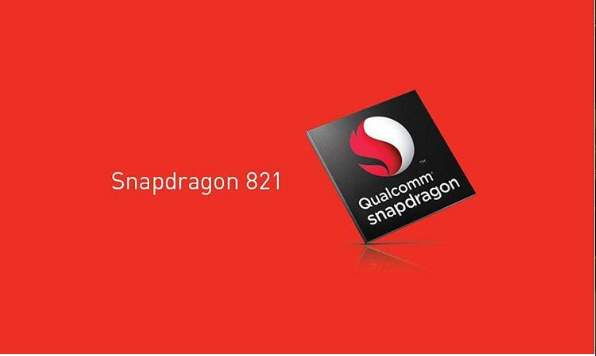
Samsung used to procure processors from other manufacturers to use for its smartphones. The electronics company announced on Monday that it has embarked on mass producing System-on-Chip (SoC) products integrated with 10-nanometer (nm) FinFET technology.
"The industry's first mass production of 10nm FinFET technology demonstrates our leadership in advanced process technology," said Jong Shik Yoon, Executive Vice President, and Head of Foundry Business at Samsung Electronics. "We will continue our efforts to innovating scaling technologies and provide differentiated total solutions to our customers."
Samsung's 10nm FinFET process takes on an advanced 3D transistor structure that has distinct improvements both in design enablement and process technology contrasted to its 14nm predecessor. It permits up to 30 percent increase in area effectiveness with 27 percent higher performance or a power utilization which is lower at 40 percent.
The mass production of the second generation operation of Samsung's 10nm process (10LPP) with enhanced performance is slated in the second half of 2017. Samsung strategies its domination with varied end product processes to accommodate the needs of a broad range of applications.
The world leader in semiconductor technology's 10-nanometer chip tech will be inclined to run the next-gen Qualcomm Snapdragon 830 and several Samsung's own forthcoming devices. If the tech company will be able to manufacture Snapdragon 830, it will furnish different devices by HTC, Sony, Google, and others. It could also drive Samsung's own Galaxy S7 successor (US version) and perhaps a new Note creation, Engadget noted.
Products that could probably feature the FinFET (fin field effect transistor) are the Galaxy 8 which is the next version of Samsung's flagship phone. The advanced technology was originally established through research financed by Defense Advanced Research Projects Agency (DARPA) in the 1990's. It utilizes a gate-like construction for transistors that lessens present leakage that allows lower-voltage operations.



